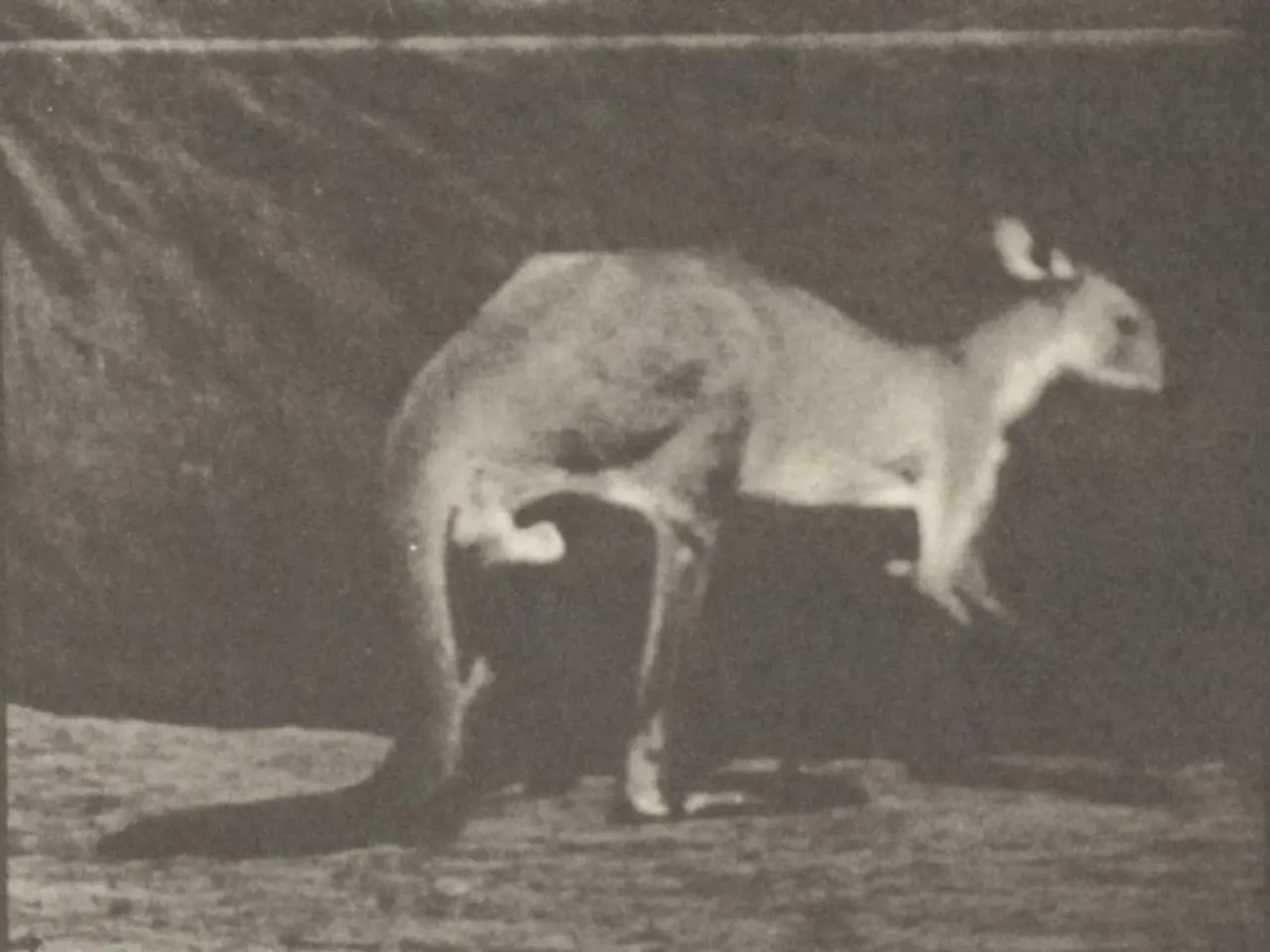Australia plans to acknowledge Palestine as a sovereign nation
The upcoming United Nations General Assembly in September 2025 is set to witness a significant diplomatic shift, as several key Western countries have announced plans to formally recognize Palestinian statehood. Australia, France, the United Kingdom, and Canada have all made declarations, with France committing unconditionally and the others offering conditional recognition [1][2].
Australia's Prime Minister, Anthony Albanese, announced that his country will officially recognize the state of Palestine at the assembly. This decision, he emphasized, is part of a coordinated global effort to advance a two-state solution, envisioning Israel and an independent Palestinian state coexisting peacefully side by side [2].
France, a permanent member of the UN Security Council, views this recognition as part of a broader effort to revive the two-state solution and to respond to ongoing regional instability and humanitarian concerns in the Israel-Palestine conflict [1][4]. Canada’s recognition is conditional on the Palestinian Authority holding elections without Hamas participation and demilitarizing the state, while the UK’s recognition depends on Israel taking steps toward ceasefire, halting annexation plans, and reaffirming commitment to a two-state solution [2].
The current international stance represents a growing diplomatic momentum, with over 145 UN member states having already recognized Palestine as a sovereign state, representing more than 76% of UN members [1][3]. However, some commentators view these recent announcements as symbolic or belated, given the long-standing recognition by a majority of the world’s countries and the persistent challenges on the ground.
Israeli Prime Minister Benjamin Netanyahu has criticized these decisions, calling them "shameful." According to Netanyahu, the majority of the Jewish public is against a Palestinian state because they believe it will not bring peace but war [3].
The news of Australia's recognition comes after discussions between Albanese and both Netanyahu and Palestinian Authority President Mahmoud Abbas last Thursday [1]. Albanese has also spoken with British Prime Minister Keir Starmer, French President Emmanuel Macron, New Zealand Prime Minister Christopher Luxon, and Japanese Prime Minister Shigeru Ishiba prior to the announcement [1].
Canada followed France in announcing its intention to recognize Palestine as a state, with French President Emmanuel Macron making a similar declaration [2]. Netanyahu has stated that he will not be swayed by these decisions, maintaining his stance against a Palestinian state.
The international community's actions signal political intentions to influence peace negotiations and the future of Israeli-Palestinian relations at a critical juncture, adding to the ongoing efforts for a peaceful resolution to the long-standing conflict.
[1] Source 1 [2] Source 2 [3] Source 3 [4] Source 4
- The recognition of Palestine as a state by several Western nations, including Australia, is a part of a broader international effort to influence peace negotiations and the future of Israeli-Palestinian relations, a critical juncture in the ongoing war-and-conflicts between the two.
- As these key Western countries, such as France, announce plans to recognize Palestinian statehood, politics surrounding general-news have increasingly centered around the potential effects of these decisions on the Israel-Palestine conflict and potential paths to a peaceful resolution.







